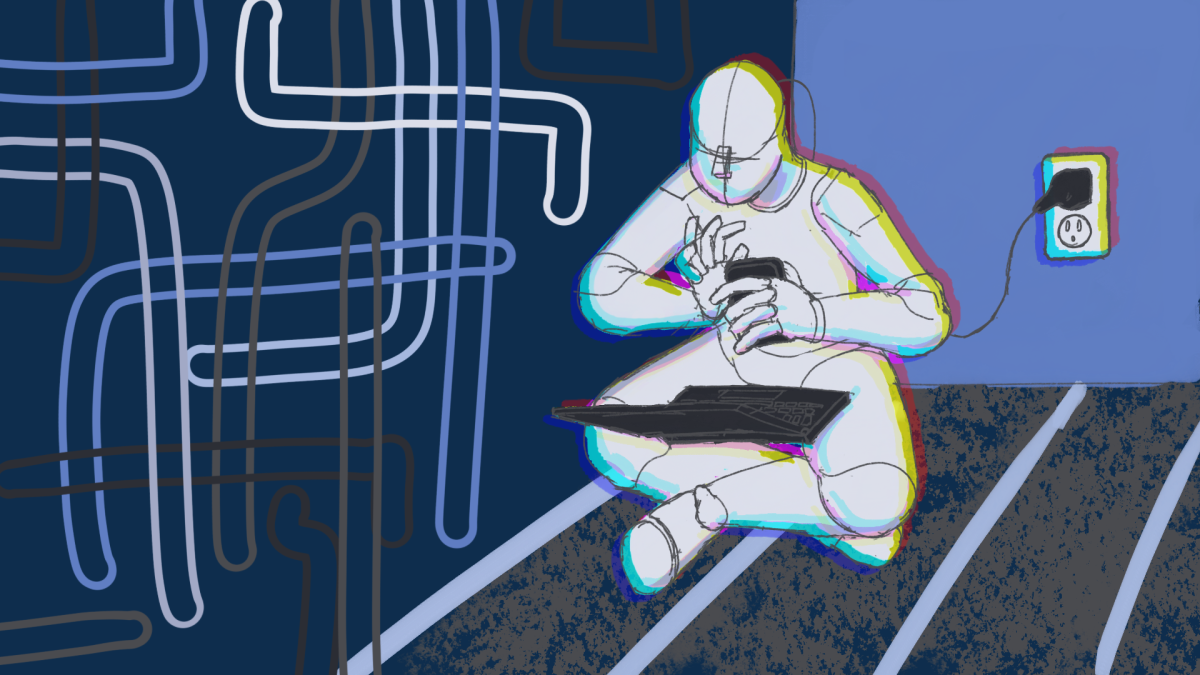I read Ishan Raval’s column yesterday, “Compassion, not victimization, should lead to mourning for Boston,” and I would like to reply directly to him.
Mr. Raval,
You began your column by stating that “some things must be said” about the horrific events that took place on Monday in my hometown of Boston. Now, it is clear that some things must be said to you regarding your ignorance on the matter.
For starters, your attempt to compare other tragic events to the explosions on Monday is, simply put, illogical.
Neither the 55 deaths which occurred in Iraq on Monday nor the extremely high suicide rate of our beloved veterans has anything to do with the terrorist acts which caused the deaths and injuries at the marathon. How dare you try to make this horrendous crime about anything other than the victims, their families and the good people of Boston, Mass.?
You also claim that “Feeling victimized as a people due to this incident is about as reasonable as feeling victimized as someone in our family catching a cold when people in families all around are getting pneumonia.” This analogy is laughable. The explosions on Monday were a terrorist’s deliberate attempt to victimize the people who attended the marathon. The city’s response is expected, natural and completely understandable.
You appear to have very limited knowledge about the significance the Boston Marathon holds and how its symbolism frames these tragic events. “Marathon Monday,” as Bostonians call it, is held on Patriot’s Day every year. It is a celebration where the citizens of Massachusetts take time out of their busy lives and schedules to come together as a community to celebrate each other and all that we have to be thankful for. While my hometown may be notorious for its competitive nature, there is almost nothing competitive about the marathon. Patriot’s Day is not fueled by commercialism — spectators do not spend money to watch the runners use every ounce of energy they have in order to pass that finish line. The holiday is fueled by our abilities as humans to love and support one another in our incredible endeavors, such as accomplishing a run of 26.2 miles.
You say that victimization breeds entitlement, and that the tragedy this week in Boston is exemplary of this broader cultural issue.
Mr. Raval, I speak for the people of Boston when I say that we do not feel entitled. The vast majority of us feel very lucky and relieved that we were able to walk away unharmed. My younger sister walked by the second bomb less than five minutes before it went off. My best friend was able to cross that finish line unharmed that day. We heard the explosions from a block away and immediately knew something awful had happened.
I have not heard a single victim of the explosions claim that his or her suffering is greater than those individuals who deal with daily bombings in the Middle East. I have not heard a single victim claim that he or she is the “center of the world,” as you so eloquently put it.
We are grieving for those who were murdered or severely injured. We are grieving for our lost sense of safety. We are grieving for a remarkable tradition that will never be the same. Horrific incidents that happen elsewhere do not make this tragedy any more mild. They certainly won’t bring back Martin, the 8-year-old boy who was at the marathon to watch his father run.
Mr. Raval, I ask that you think more thoroughly before you attack a community in pain next time.





